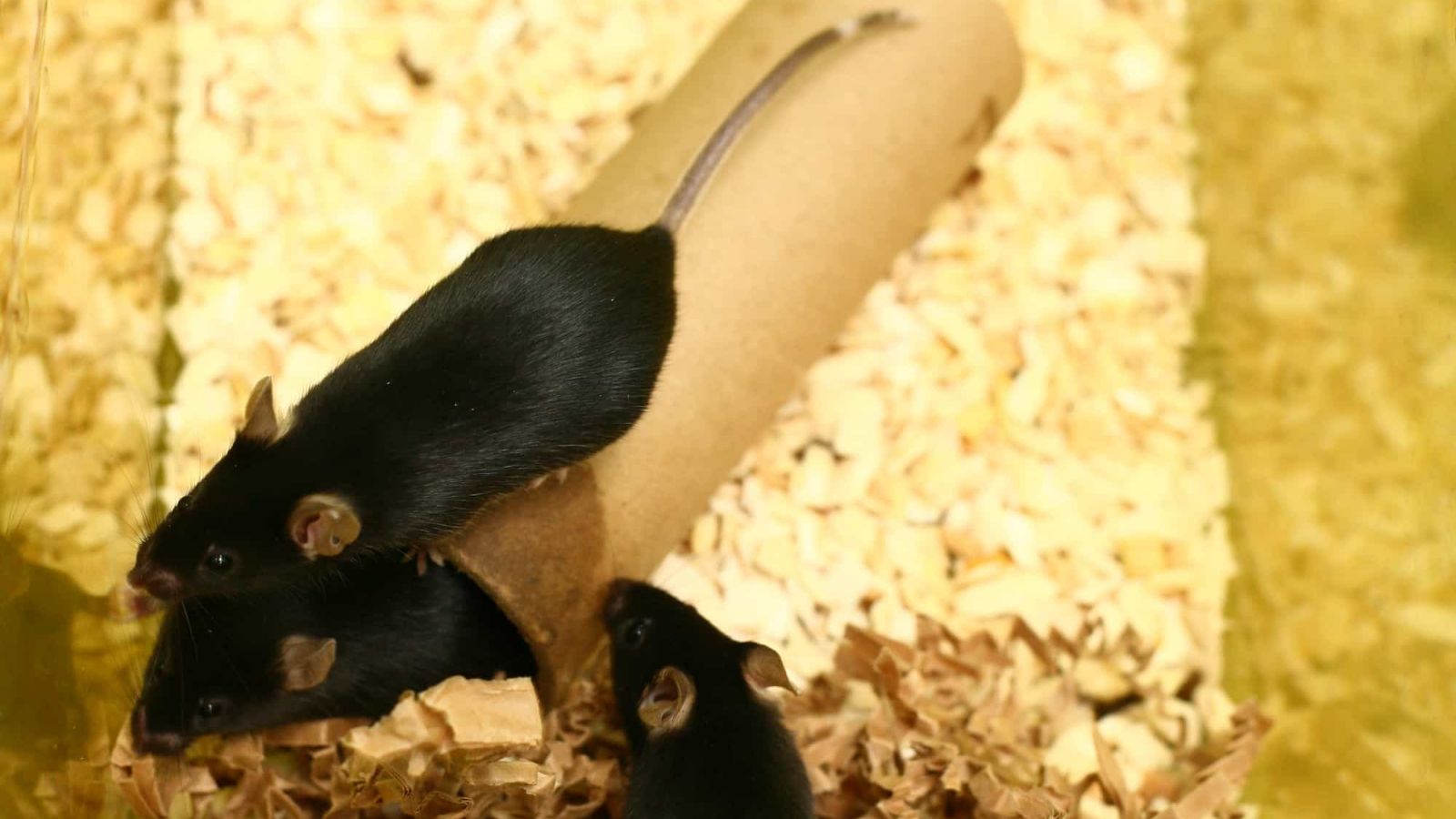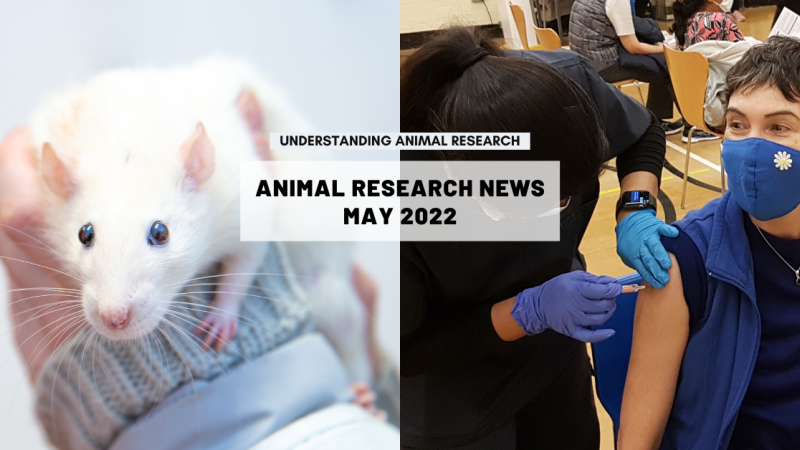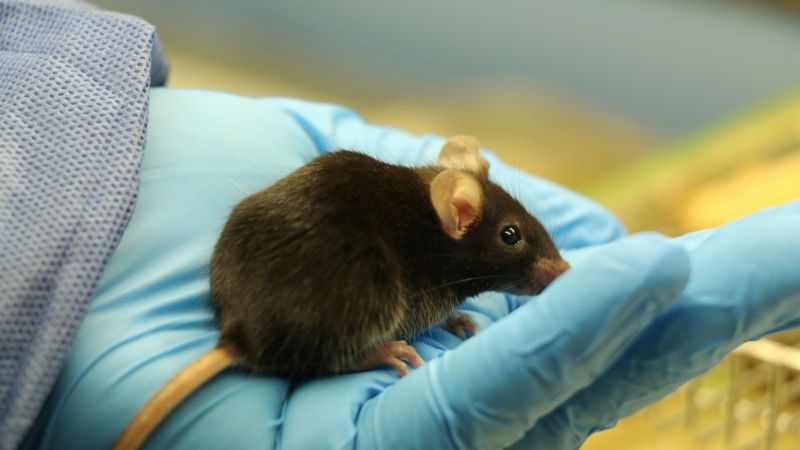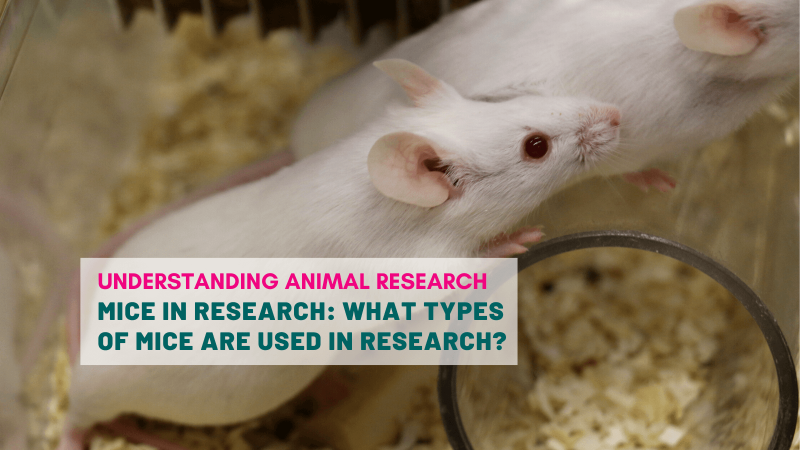Research that has for the first time successfully grown "mini-livers" from adult mouse stem cells has won the UK's international prize for the scientific and technological advance with the most potential to replace, reduce or refine the use of animals in science (the 3Rs).
Dr Meritxell Huch from Cambridge University's Gurdon Institute has developed a method that enables adult mouse stem cells to grow and expand into fully functioning three-dimensional liver tissue. Using this method, cells from one mouse could be used to test 1000 drug compounds to treat liver disease, and reduce animal use by up to 50,000.
Growing hepatocytes (liver cells) in the laboratory has been attempted by liver biologists for many years, since it would reduce their reliance on using mice to study liver disease and would open up new opportunities in medical research and drug safety testing. Until now no laboratory has been successful in deciphering how to isolate and grow these cells. Liver stem cells are typically found in a dormant state in the liver, only becoming active following injury to produce new liver cells and bile ducts.
Dr Huch and colleagues at the Netherlands' Hubrecht Institute located the specific type of stem cells responsible for this regeneration, which are recognised by a key surface protein (Lgr5+) that they share with similar stem cells in the intestine, stomach and hair follicles. By isolating these cells and placing them in a culture medium with the right conditions, the researchers were able to grow small liver organoids, which survive and expand for over a year in a laboratory environment.
When implanted back into mice with liver disease they continued to grow, ameliorating the disease and extending the survival of the mice. Having further refined the process using cells from rats and dogs, Dr Huch is now moving onto testing it with human cells, which would not only be more relevant to research into human disease, but also translate to the development of a patient's own liver tissue for transplantation.
Last edited: 11 March 2022 08:15




